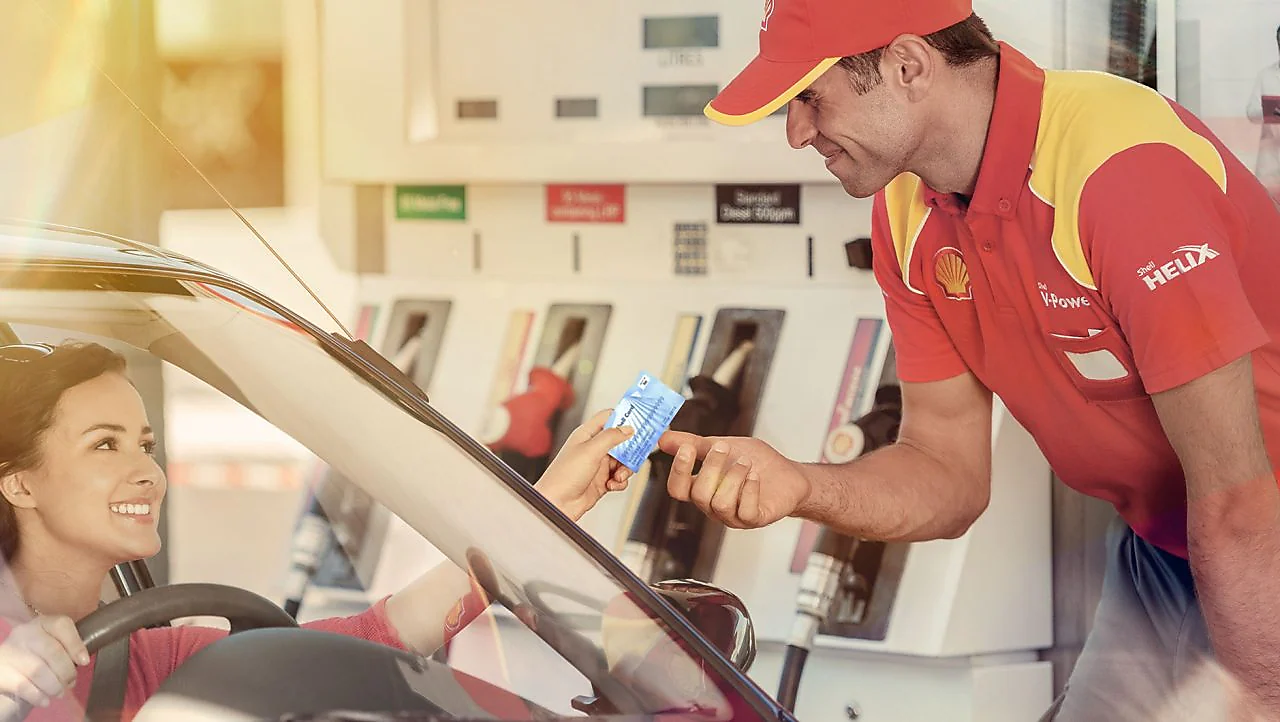Key Features to Look For in a Business Fuel Card


In today’s fast-paced and cost-conscious business environment, managing operational expenses efficiently is more critical than ever. For companies with vehicles on the road—be it delivery vans, sales fleets, or transport trucks—fuel costs represent a significant portion of monthly expenditures. This is where business fuel cards come into play. A well-chosen fuel card not only streamlines fuel purchases but also provides powerful tools for tracking and controlling spending. However, not all fuel cards are created equal. Understanding the key features to look for can help you make a well-informed decision that benefits both your operations and your bottom line.
Coverage and Accessibility
One of the primary considerations when selecting a business fuel card is the extent of its network coverage. The best fuel card for your company is one that can be used conveniently across a wide geographical area, particularly where your vehicles operate most frequently. A card that is accepted at a broad range of fuel stations—both major brands and local outlets—minimizes the risk of your drivers needing to go out of their way just to find a compatible station.
In addition to location coverage, consider whether the card can be used for other vehicle-related purchases, such as lubricants, car washes, or minor repairs. These added capabilities make it easier to manage vehicle expenses in one consolidated system.
Fuel Discounts and Savings Programs
Another significant feature to look for is the potential for fuel discounts or rebate programs. Many fuel cards offer tiered savings based on fuel consumption volumes, which can be a great incentive for larger fleets. Even a few cents saved per litre can result in substantial savings over time. Some cards partner directly with fuel providers to offer reduced rates, while others might include cashback on fuel purchases.
When evaluating such benefits, ensure you understand how the discount structure works—whether it’s applied at the pump or credited at the end of the month—and whether it’s consistent or varies with changing fuel prices.
Detailed Reporting and Expense Management
Effective reporting is crucial for businesses seeking to manage costs and enforce accountability. A good business fuel card should provide comprehensive and real-time reporting features. Look for a card that offers detailed transaction data, including time, location, amount spent, type of fuel, and the vehicle or driver making the purchase.
Such data is invaluable when it comes to identifying fuel-wasting behaviors such as unnecessary idling, excessive speed, or unauthorized fuel purchases. Many fuel card systems also allow integration with accounting and fleet management software, simplifying administrative tasks and reducing the chances of human error.
Control and Security Features
Fuel card misuse can be a significant concern if proper controls are not in place. Leading fuel card providers offer customizable control settings that allow businesses to manage how, when, and where cards can be used. For instance, you can set limits on daily or weekly spending, restrict purchases to specific fuel types, or limit card usage to certain days or times.
Some cards also offer driver-specific PINs or vehicle identification numbers, enhancing accountability and deterring fraudulent use. Notifications and alerts for unusual transactions can help businesses act quickly in case of suspected misuse.
Flexible Billing and Payment Options
Managing cash flow is a fundamental part of running any business. The billing cycle and payment terms offered by a fuel card provider can impact this considerably. Ideally, the card should offer flexible billing options, such as weekly or monthly statements, and allow businesses to choose between different payment plans that align with their cash flow cycle.
Furthermore, having access to a centralized online portal or mobile app can simplify the payment process, reduce administrative overhead, and provide quick access to transaction history and account balances.
Customer Support and Service
Like any financial tool, a business fuel card can occasionally face issues—from card declines at the pump to disputes over charges. Having access to responsive and helpful customer support can make a world of difference. A provider with 24/7 customer service ensures that any operational hiccups don’t translate into lost time or revenue.
In addition, some providers offer dedicated account managers who can provide insights and recommendations based on your fuel usage patterns. This kind of personalized service can add considerable value over the long term.
Scalability for Growing Businesses
As your business grows, your fuel needs will likely evolve. It's important to choose a fuel card solution that can scale along with your operations. Whether you're adding more vehicles to your fleet, expanding into new regions, or diversifying the types of services your fleet performs, your fuel card provider should be able to accommodate those changes without complications.
Some providers offer tiered plans or customizable services to cater to businesses of different sizes. Choosing a flexible solution from the outset ensures that you won’t need to switch providers just because your needs have outgrown their offerings.